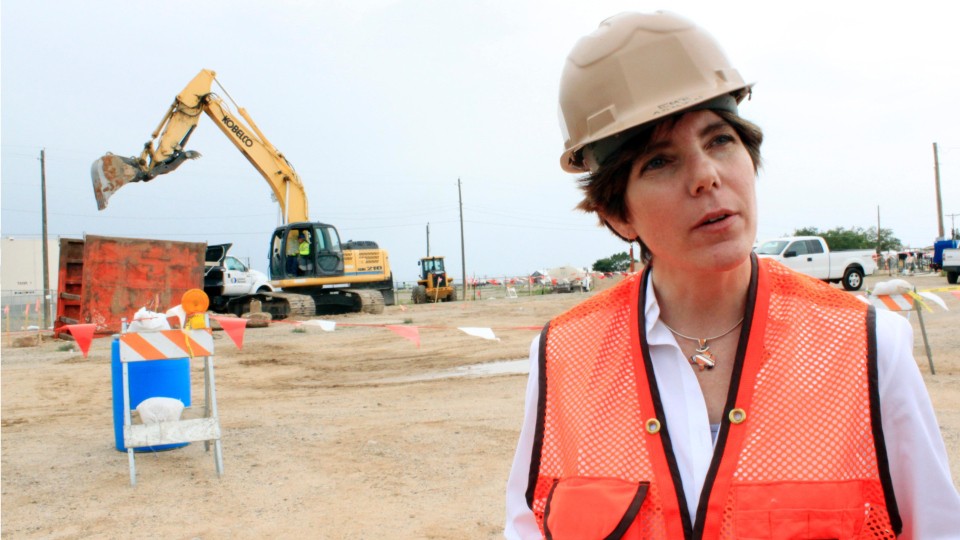Civil Engineers
Civil Engineer, Design Engineer, Project Engineer, Structural Engineer
What they do:
Perform engineering duties in planning, designing, and overseeing construction and maintenance of building structures and facilities, such as roads, railroads, airports, bridges, harbors, channels, dams, irrigation projects, pipelines, power plants, and water and sewage systems.
On the job, you would:
- Direct engineering activities, ensuring compliance with environmental, safety, or other governmental regulations.
- Manage and direct the construction, operations, or maintenance activities at project site.
- Inspect project sites to monitor progress and ensure conformance to design specifications and safety or sanitation standards.
Knowledge
Engineering and Technology
- design
- product and service development
Math and Science
- arithmetic, algebra, geometry, calculus, or statistics
- physics
Arts and Humanities
- English language
Business
- management
Skills
Basic Skills
- listening to others, not interrupting, and asking good questions
- reading work related information
Problem Solving
- noticing a problem and figuring out the best way to solve it
People and Technology Systems
- figuring out how a system should work and how changes in the future will affect it
- thinking about the pros and cons of different options and picking the best one
Abilities
Verbal
- communicate by speaking
- communicate by writing
Ideas and Logic
- make general rules or come up with answers from lots of detailed information
- notice when problems happen
Math
- choose the right type of math to solve a problem
- add, subtract, multiply, or divide
Visual Understanding
- quickly compare groups of letters, numbers, pictures, or other things
Personality
People interested in this work like activities that include practical, hands-on problems and solutions.
They do well at jobs that need:
- Integrity
- Dependability
- Analytical Thinking
- Attention to Detail
- Initiative
- Self Control
Technology
You might use software like this on the job:
Computer aided design CAD software
- Autodesk AutoCAD Civil 3D
- Autodesk Revit
Presentation software
- Microsoft PowerPoint
Analytical or scientific software
- Procore software
- The MathWorks MATLAB
Education
Education: (rated 4 of 5)
bachelor's degree
usually needed
usually needed
Job Outlook
Bright
New job opportunities are very likely in the future.
Explore More
- Civil Engineering Technologists & Technicians
- Construction & Building Inspectors
- Construction Managers
- Transportation Engineers
- Water/Wastewater Engineers
You might like a career in one of these industries:
See more details at O*NET OnLine about civil engineers.






